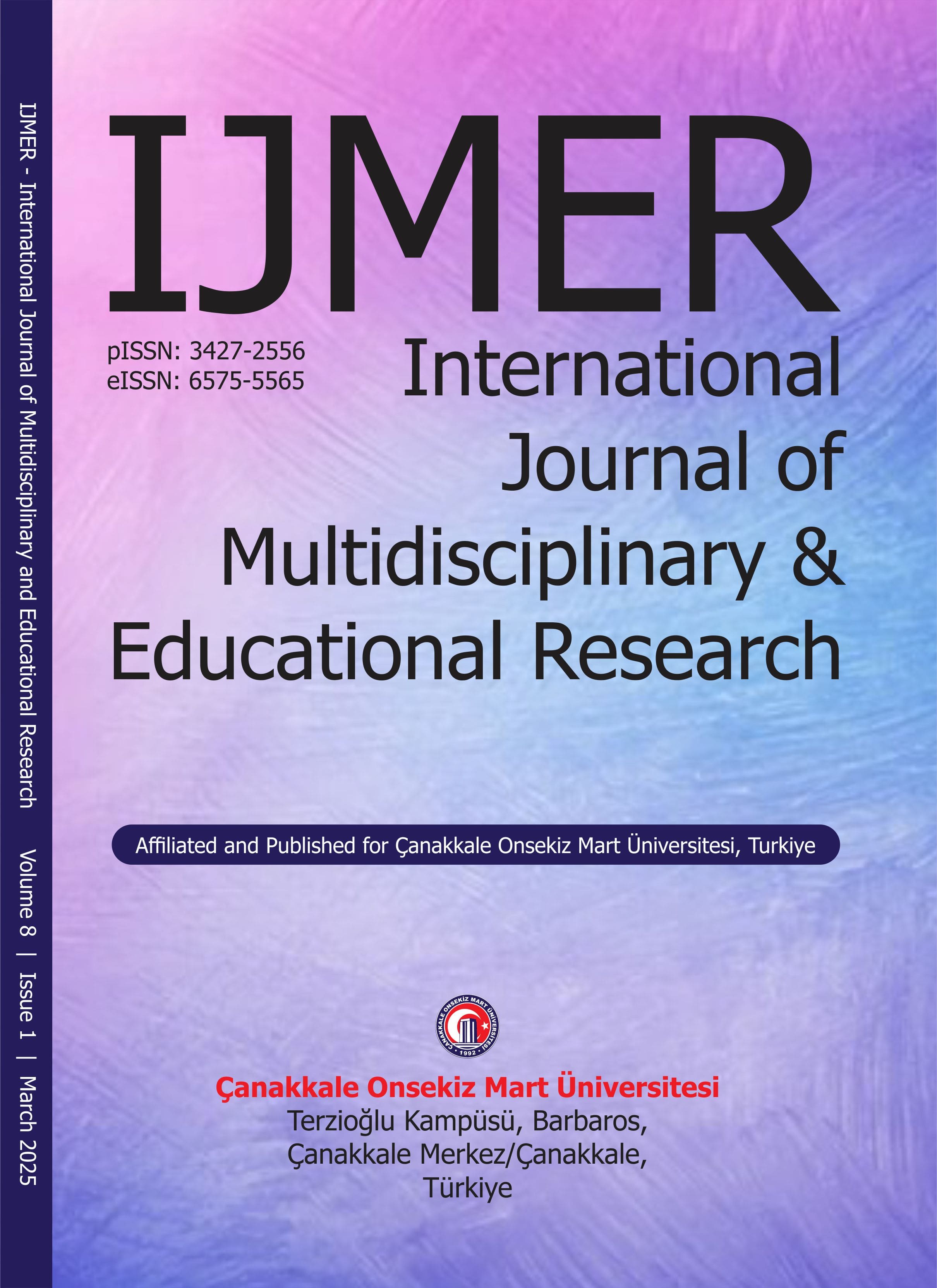International Journal of Multidisciplinary and Educational Research (IJMER)
Nigeria’s Foreign Policy of Peacekeeping Operations in Africa: The Missing Link
E-ISSN: 6575-5565
P-ISSN: 3427-2556
DOI: https://iigdpublishers.com/article/519
The study demonstrated that Nigeria has been instrumental in bringing about peace in Africa in general and the sub-region in particular and that this has come at great lost to Nigeria both in financial and human resources. The objective of the study is to examine whether or not Nigeria’s foreign policy of peacekeeping operations in Africa has translated to economic security and prosperity of the Nigerian State. That is the missing link between Nigeria’s participation in peacekeeping in Africa cum economic security and prosperity of the Nigerian State. The central proposition of this study is that for Nigeria’s foreign policy of peacekeeping operations to be perceived as legitimate at home, its implementation must be seen by Nigerians to advance the domestic national development agenda. The theoretical explication of the discourse is linkage theory. The utility of the theory to the study is that it emphasizes the interconnection between the domestic economy of any country and its foreign policy thrust. Findings from the study revealed that, the reason Nigerian government does not systematically pursue its national interests through peacekeeping is connected to the authoritarian manner in which decision about Nigeria’s participation has been made and her inability to take advantage of the postconflict reconstruction in the arena it has exerted its military and other resources in peace support operation is however found in the underdeveloped nature of its institution – especially the economic institution. The study recommended, among other things, that though Nigeria should continue to shoulder the bulk of the burden of peacekeeping whenever peace is threatened in Africa, Nigeria should mobilize other African countries in the region in peace support operations rather than acting unilaterally, invest in preventive diplomacy, promotes good governance in the region and that Nigerian governments objectives and preparations for peacekeeping operations in Africa should be reviewed in order to see the extent to which they are designed to fit with Nigeria’s national interest.
Sunny Mene PIATE
Agande, B. (2013). Mali crisis – Nigeria spends $34m, Vanguard, August, 29.
Agbakwuru, J. B. (2013). Nigeria spend $13bn on peacekeeping-ex-polish envoy. Vanguard, October, 31.
Agwai, M. L. (2010). “Nigeria’s Military Capacity for Regional and Global Peace Support Operations” Lecture Presented to Participants of National Defence College Course 19. Abuja, Nigeria March 30.
Agwu, F. A. (2009). National Interest, International Law and our Shared Destiny. Ibadan: Spectrum Books.
Alli, W. O. (2009). “Nigeria in Global Peace Support Operations: The Imperative for New Strategic Vision”. Presented at Nigeria in Global Peace Support Operations. Nigerian Defence Academy, Kaduna, July 19 – 23.
